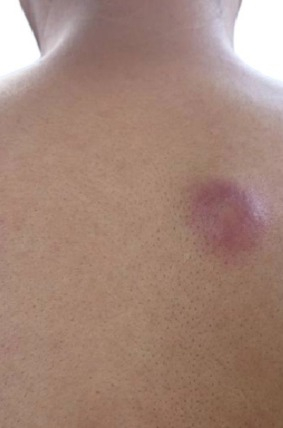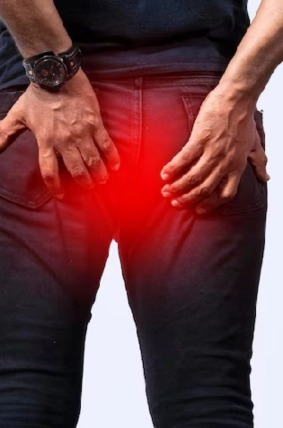

Acne Scars: Treatment Options for Smoother, Clearer Skin at Nine Eleven Clinic, Mira Road
Acne may be a common skin concern, but the scars it leaves behind can be frustrating. If you're looking for ways to minimize the appearance of acne scars and achieve smoother, clearer skin, Nine Eleven Clinic in Mira Road can help. Dr. Brijesh Yadav, a qualified dermatologist, offers a range of effective acne scar treatments to address your specific concerns.

Liposuction for a body you'll love.
Sculpt your dream physique with liposuction at Nine Eleven Clinic. Our experienced doctors target unwanted fat deposits for a smoother, more confident you.
View DetailsBotox for a wrinkle-free confidence boost.
Smooth away wrinkles and achieve a refreshed look with our safe and effective Botox® treatments. Nine Eleven Clinic's experienced professionals personalize each treatment for natural-looking results.
View Details

Confidence redefined. Natural beauty achieved.
Enhance your figure and restore confidence with natural-looking breast implants. Schedule a consultation with our experts today.
View DetailsDermatology & Cosmetology.
Unlock your healthiest skin with Nine Eleven Clinic! Our expert dermatologists & cosmetologists offer personalized solutions for all your skincare needs. Schedule a consultation today!
View Details
FAQ
Acne scars are caused by the inflammation associated with acne lesions. When the skin pores become clogged with oil, dead skin cells, and bacteria, it can lead to swelling and break down the follicle wall. If the rupture is deep, the infected material spills out into surrounding tissue, causing deeper scars.
No, there are different types of acne scars:
Atrophic scars: Depressed scars that can be boxcar, icepick, or rolling.
Hypertrophic scars: Raised scars that occur when the body produces too much collagen.
Post-inflammatory hyperpigmentation (PIH): Dark spots left after an acne lesion has healed, not true scars but often treated similarly.
Preventing acne scars involves managing acne effectively to reduce the risk of severe lesions. This can be achieved through:
Early treatment of acne.
Avoiding picking or squeezing pimples.
Using appropriate skincare products as recommended by a dermatologist.
The best treatment depends on the type and severity of the scars. Common treatments include:
Chemical peels: Help remove the top layer of skin to reduce the appearance of scars.
Laser therapy: Stimulates collagen production and resurfaces the skin.
Microneedling: Promotes skin regeneration through tiny needle punctures.
Dermal fillers: Fill in depressed scars temporarily.
Subcision: Releases scar tissue under the skin to improve appearance.
Topical treatments: Retinoids and other medicated creams to reduce pigmentation and improve skin texture.
The timeline for seeing results varies depending on the treatment and the individual's skin. Some treatments, like chemical peels and microneedling, may show improvement within a few weeks, while others, like laser therapy, might take several months to see significant changes.
Most acne scar treatments have potential side effects, which can include redness, swelling, and temporary discomfort. More invasive procedures may carry a higher risk of infection, scarring, or changes in skin pigmentation. It is important to discuss potential risks with a dermatologist.
Some home remedies, such as aloe vera, honey, and lemon juice, are often touted for their skin-healing properties. However, their effectiveness is not scientifically proven, and they may not provide significant results for deeper scars. It is usually best to consult with a dermatologist for effective treatment options.
While some mild scars may fade over time, most acne scars will not completely disappear without treatment. Professional treatments can significantly reduce their appearance, but the extent of improvement varies.
The cost of acne scar treatments varies widely depending on the type of treatment, the number of sessions required, and the geographical location. It is important to discuss costs and payment options with your dermatologist.






